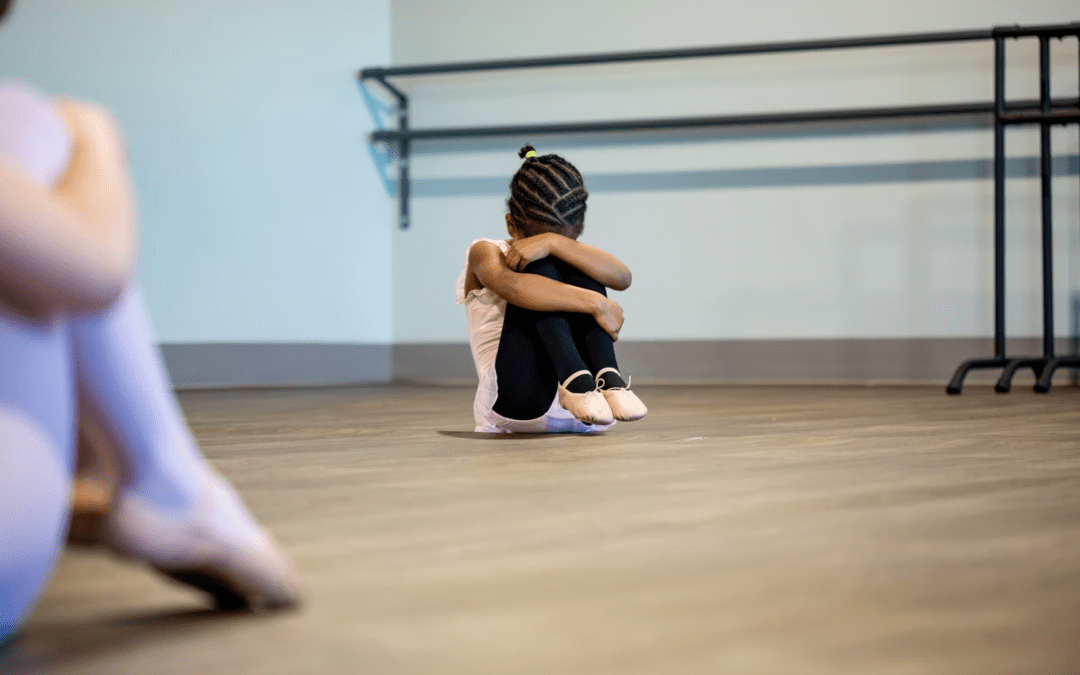Anxiety isn’t exclusive to adults – kids suffer with it too, though it more often goes unnoticed in them. If you have young children, then you need to know the signs of anxiety so you can actively help them deal with this mental health concern.
Key Anxiety Signs To Look For In Kids
Sometimes it’s easy to tell if a child is anxious; other times, it’s incredibly difficult. Keep an eye on your kids and see if they exhibit the following signs:
- Behavioral Symptoms: Does your child have a lot of unexplained mood swings? Are they more irritable, and do they avoid activities they normally enjoy? This, along with being more clingy and dependent on you, can be a key sign of anxiety developing.
- Mental & Emotional Signs: Having more negative thoughts about themselves and their surroundings is normally a telltale sign of anxiety in a young child. Also, keep an eye on their general mental abilities, like how they express their emotions. If they find it hard to do this, then it could show they’re almost trying to suppress them due to anxiety.
- Physical Symptoms: Keep track of your child’s physical health and see if they complain of stomach aches or tummy problems more often than usual. Dramatic changes in eating habits, like not wanting treats or overeating, also point toward some mental health woes. You should also see how they’re sleeping; if your child keeps waking up in the middle of the night complaining of bad dreams, this may be a key anxiety symptom.
How To Help Your Child Deal With Anxiety
First of all, be aware that anxiety can’t exactly be cured. It becomes a test of learning to manage the symptoms and live with it as best as possible. Obviously, that’s hard for a child to do, so you need to be there to support them. Here are some of the best ways you can do this:
- Develop Coping Mechanisms With Them: Give them small distractions like baking their favorite food or putting on their favorite film to get their mind away from stressing over whatever causes their anxiety in the first place.
- Think About Getting Professional Help: If your child’s anxiety is having a real negative impact on their day-to-day life, it might be time to get the professionals in. MetroEHS Pediatric Therapy provides options like CBT or talking therapy to help children process and deal with mental health concerns like anxiety. It’s one of the best ways to get to the bottom of their anxiety and manage the triggers.
- Create An Environment At Home That Supports Their Anxiety: Empathize with your child’s feelings and make them see that you understand and want to help them through this. Explain that it’s ok to feel the way they do, and they shouldn’t be ashamed of expressing their feelings.
Try not to overdo it! They still need their space, so don’t be overprotective, as this can lead to making the situation worse because they won’t learn and develop the right coping mechanisms.
Remember, anxiety can develop at any age, but it’s much harder to deal with if you don’t address the problem early on. Don’t let your child go through their entire childhood suffering in silence – look for the key signs and do what you can to support them.

 Do you want to join a fun, supportive group of women? Come on over to our supportive, loving and fun facebook group. Mamas and Coffee® is all about the REAL of womanhood. Join Us.
Do you want to join a fun, supportive group of women? Come on over to our supportive, loving and fun facebook group. Mamas and Coffee® is all about the REAL of womanhood. Join Us.
- No Makeup, Real Talk, and Squirrel Moments: Mamas and Coffee Gets a Show! - January 23, 2026
- What Are The Types of Stroke - November 22, 2025
- What is Carotid Artery Thrombosis? - November 17, 2025

